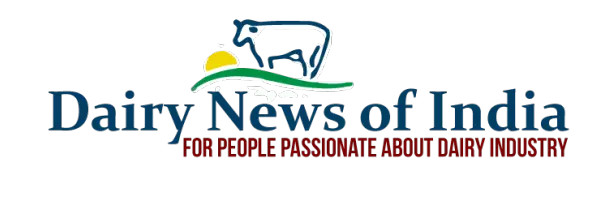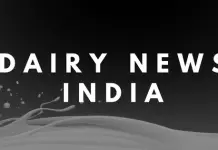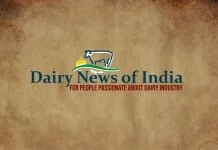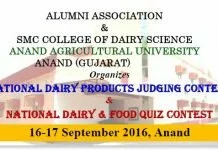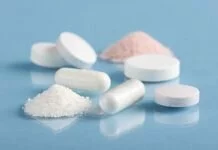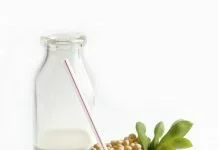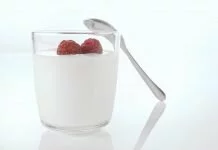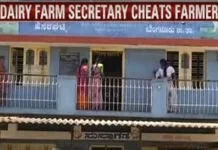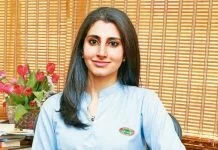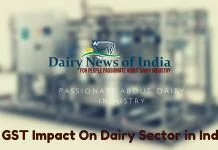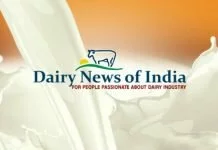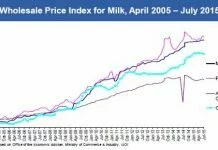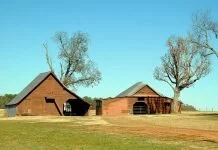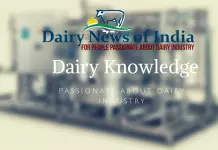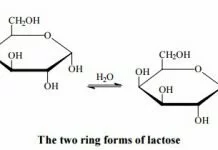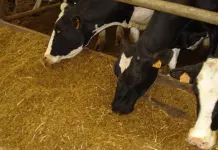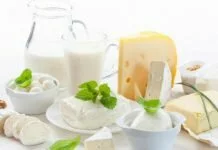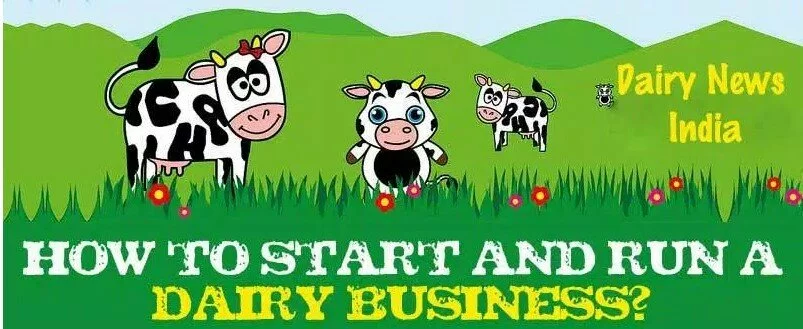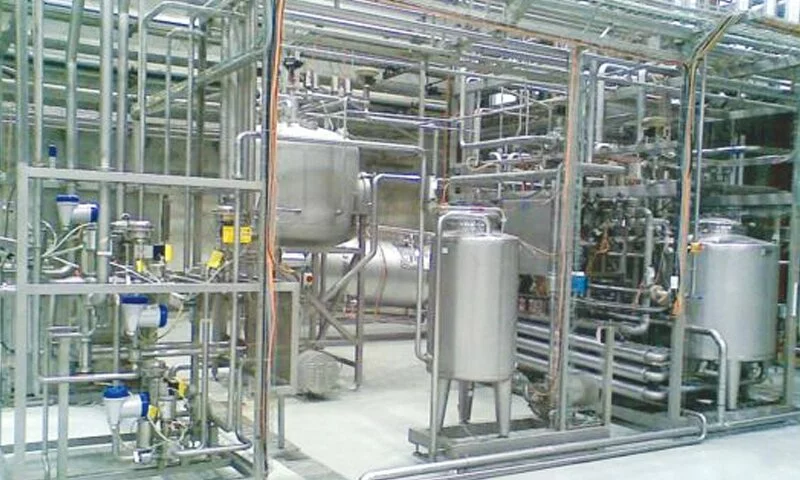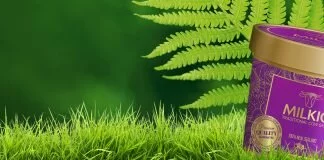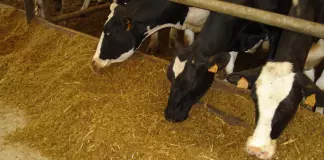Source: indianexpress.com
Three years after Sarhad Dairy in 2013 proposed to collect and market camel milk, the plan is still stuck with food-regulator FSSAI. The reason: unlike that for milk of cows and buffaloes, the food regulator is yet to set standards for camel milk and its products.
Chief Minister Anandiben Patel, during a camel show in Kutch on Thursday, had assured camel breeders and Sarhad Dairy or Kutch District Cooperative Milk Producers’ Union Limited of all help in marketing camel milk. The dairy in 2013 had set afoot the plan of marketing camel milk on the state government’s suggestions and it even received a Rs 79 lakh grant from the central government.
It invested Rs 46 lakh to set up its own camel milk procuring chain, and processing and packaging plant at Lahond Chowkadi near Bhuj. The plan was to start collecting and marketing camel milk from the winter of that year, but it did turn into a reality.
A new set of regulations came into force at that time when the central government notified the Food Safety and Standards Rules, 2011. Based on the new rules and also that of the Food Safety and Standards Act, 2006, the Centre set up FSSAI (Food Safety and Standards Authority of India). The change in regulations mandated registration of every retailer and processor of food items and seek a licence from FSSAI.
However, FSSAI had no specified standards for camel milk and therefore, technically, did not recognise camel milk as a food item. Therefore, Sarhad Dairy was not “eligible” to seek licence for marketing camel milk.
“We constructed the plant and installed machinery. But, we came to know that we cannot process and market camel milk without FSSAI licence. People in Kutch do sell camel milk even today, but as a responsible organisation, we put our plans on hold,” said Sarhad Dairy chairman Valamji Humbal.
According to government officers, Kutch has a camel population of around 10,000. But the number of camels have been dwindling as breeding the animal, known as the ship of desert, makes for a less profitable proposition.
Humbal said maldharis (herdsmen) rearing camels make mava (which is used as an ingredient in sweet dishes) from camel milk as there is no organised milk collection and marketing chain in place. They depend on sale of male camels as the main source of income.
The effort of the Dairy and the government to introduce camel milk through wide marketing network of Gujarat Cooperative Milk Marketing Federation Limited (GCMMF) or Amul was aimed at providing supplementary income to these camel breeders, the Sarhad Dairy chief said.
Humbal said camel milk is usually sold for around Rs 30 per litre, but the dairy plans to procure the milk from camel breeders at around Rs 40 per liter, and even give bonus if warranted.
The dairy will highlight “medicinal properties in camel milk which help cure respiratory and kidney diseases,” he said.
To find a way out, Sarhad Dairy, GCMMF and the Gujarat government have made representations to FSSAI. Rajsthan, which also has a large population of camel made similar representations, said Humbal.
Finally, in October last year, FSSAI issued a notice seeking public comments, suggestions and objections for setting up standards of milk and milk products in the country. The notification included camel milk as one of the four main classes of milk. The rest three are buffalo milk, cow milk and milk of goats and sheep. “The deadline for submitting comments and suggestions on the notice expired two weeks ago. FSSAI is likely to call a meeting in end-February or early March. Approving standards for milk and milk products is likely to be on the agenda of this meeting,” said Dr Hita Patel, director of animal husbandry.
The FSSAI notice specifies 3 per cent milk fat in camel milk and 6.5 per cent solid-not-fat as standard. But the Sarhad Dairy chairman said that they have submitted to FSSAI that mandatory fat content requirement be brought down to 2.5 per cent.
FSSAI said it will take a call after due process. “We have notified standards for milk and milk products. A final decision will be taken after consultation with all stakeholders,” said Sunil Bakshi, advisor with the regulation department of FSSAI.
